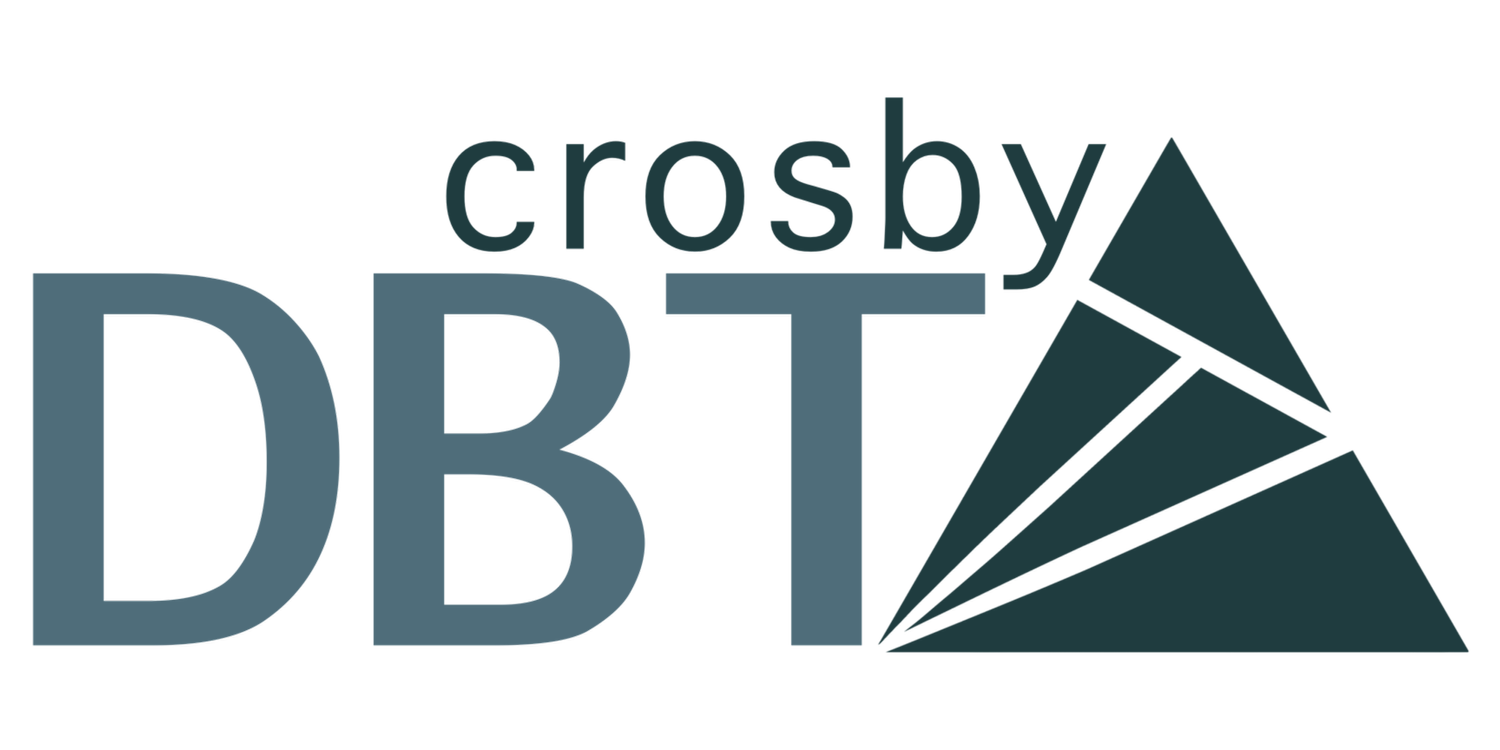How to Find Moments of Mindfulness on a Stressful Day
When life feels overwhelming, mindfulness may be the last thing on your mind. Between work deadlines, family obligations, and emotional stress, it’s easy to feel like there’s no time to slow down. But that’s exactly when mindfulness can be most helpful.
Mindfulness isn’t just about meditating on a cushion. It’s about learning to pay attention to the present moment with intention and without judgment—even when the world around you feels chaotic.
At Crosby DBT of Seattle, we believe that mindfulness can be integrated into your daily routine in realistic, practical ways. Here are some simple strategies to build mindfulness into even the busiest of days:
1. Start with Your Breath
You don’t need 20 minutes to meditate. Just one deep breath can shift your nervous system. Try inhaling for four counts, holding for four, and exhaling for six. Do this three times between tasks, during traffic, or while waiting in line.
2. Use Transitions as Cues
Each time you move from one part of your day to the next—closing your laptop, walking into a new room, starting the car—pause and check in with yourself. Ask: What am I feeling in my body right now? This builds self-awareness and regulation.
3. Ground Through the Senses
If you’re feeling overwhelmed, try a quick sensory check-in. Notice five things you can see, four you can touch, three you can hear, two you can smell, and one you can taste. This can bring you back to the here and now when your thoughts are racing.
4. Be Present in the Mundane
Mindfulness doesn’t require silence or solitude. Washing dishes, taking a shower, brushing your teeth—these everyday activities can become grounding rituals when done with full attention.
5. Set Tech Boundaries
Constant notifications can scatter attention and increase stress. Try setting “no phone” zones or times during the day. Use a mindfulness app or timer to gently guide you back to the present without distractions.
6. Practice Self-Compassion
Mindfulness also means noticing when you’re being hard on yourself and choosing to respond with kindness. Remind yourself: It’s okay to have hard days. I’m doing the best I can.
Mindfulness is a skill, not a switch. The more you practice—even in small ways—the easier it becomes to access a sense of calm, clarity, and connection during difficult moments.
At Crosby DBT of Seattle, I specialize in helping individuals build emotional regulation and resilience through evidence-based practices, including DBT, EMDR, and mindfulness-based strategies. If you’re struggling with stress, anxiety, or trauma, you don’t have to go it alone.
Let’s work together to create a life that feels more balanced, connected, and intentional.
Learn more or schedule a consultation at www.crosbydbt.com
